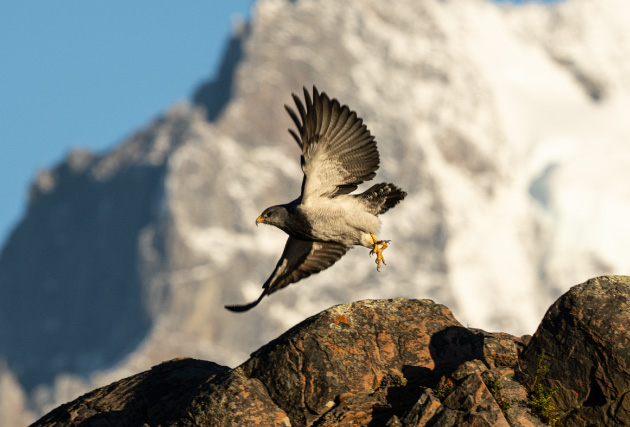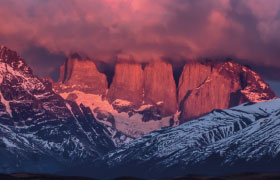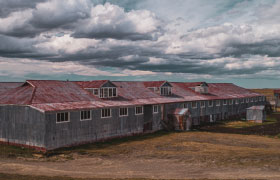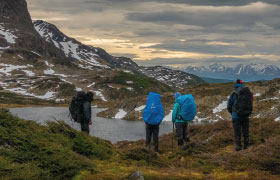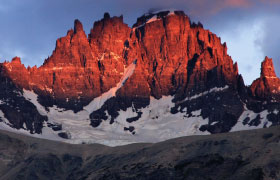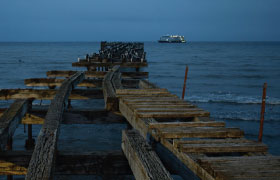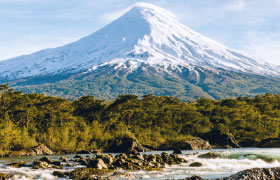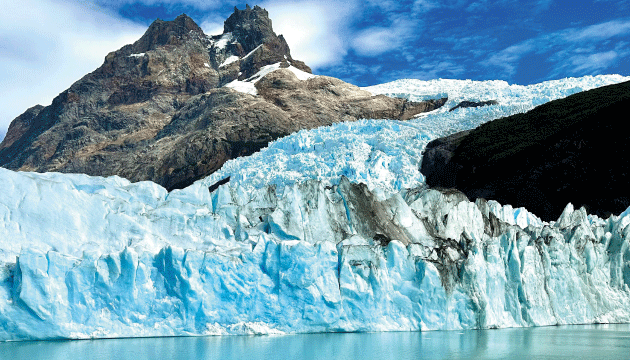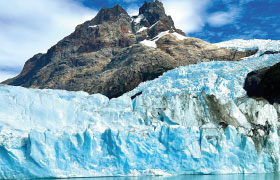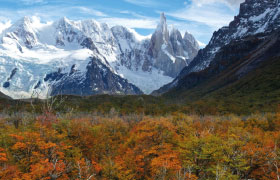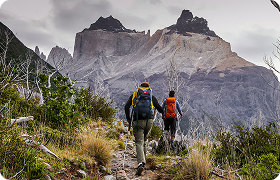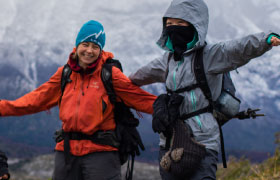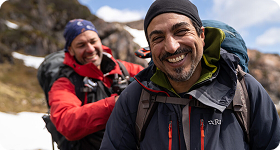Inicio
Destinos

Patagonia Chilena
 Patagonia Argentina
Patagonia Argentina

Elige tu viaje

Viaje personalizado
Por actividad
 Por formas de viaje
Por formas de viaje
 Por mes
Por mes
 Por tour destacados
Por tour destacados

Por qué nosotros

Error 404
Lo sentimos, parece que la página que buscas no está disponible
Pero no te preocupes, puedes volver al inicio y seguir explorando la aventura con nosotros.
